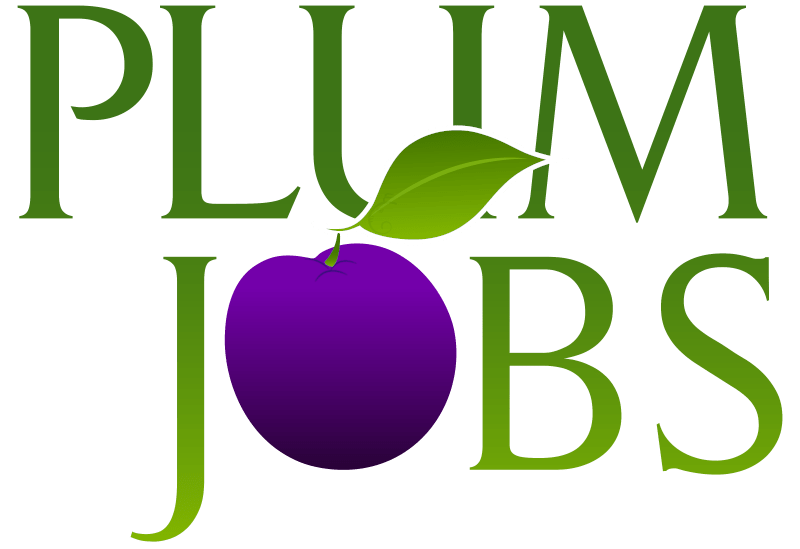Time for HR to Raise the Bar to Be More Business Driven

HR Needs to Work with C-Suite to Align Business & Talent Strategy
We’ve been hearing for a long time that HR needs to become more of a strategic partner to the business yet so in most organizations, this has not happened.
For those that have reached HR director level, the path would typically have been as an HR generalist or spending considerable time developing deep knowledge in specialist areas such as recruitment, compensation and rewards or employee relations.
As business models have evolved and organizations have become flatter and less structured, HR generalists are now too generalist which poses a challenge for business as they lack a deep understanding of the business and breadth of experience required lead the people agenda and initiatives.
How Will HR Add Value to the Organization When it Lacks Depth?
We work with many organizations and as part of our daily interactions with their HR function, it is evident that the lack of strategic and commercial HR capability is holding the function back from adding any significant value to the business. There is an acute shortage of general commercial acumen, digital and analytical skills, together with compensation and reward often being neglected because of a lack of knowledge and experience.
Compensation and reward is often dismissed from the HR remit as it is seen as a finance activity because finance holds the purse strings – the result is that businesses are failing to recognize the importance of this critical area. Reward is what motivates and engages most people and business and HR leaders should acknowledge its strategic importance if they are to build and retain a high-performing workforce, especially given the current talent shortage.
Organizations are missing out on valuable insights that could transform their businesses because of a lack of analytical capabilities. HR is not able to connect data to business outcomes and develop strategic insights and the time has come to bring in non-HR people into the function to enable business leaders to improve their strategic thinking, planning and decision making.
If you have honed specialist skills and become more commercial , you will have the advantage of confidence and credibility at board and leadership level. Whilst those who have come through the generalist or operations route might evade the criticism by line managers that HR do not understand the business. It also enables you to get into the same mindset that business managers have as you become more relevant and credible to them.
Whilst having a “career” in HR with some relevant qualifications such as an MBA, CIPD or SHRM, many candidates are simply in their jobs and cannot operate as effective business partners. They are working in their comfort zone at very tactical and operational level as “incident workers”.
Where Does HR Need to Be?
With globalization and customers demanding more, business models are being redesigned to be even more cost efficient whilst delivering customer excellence.
Shareholders are also demanding greater returns on their investment and sustainable growth. Businesses now require stronger local and regional HR capabilities so a more international mindset is required.
Addressing skills shortages, building new capabilities and meeting the demand for organizational excellence to create a competitive advantage is HR’s responsibility.
By focusing on HR deliverables which link the people agenda to business results and engaging the workforce to achieve these outcomes, HR can demonstrate the value it creates. It is no longer enough for HR to say that people are happy – the true measure of their effectiveness and value is the workforce competitive advantage that has been created.
Becoming a strategic HR partner requires knowledge, acumen and experience about strategy, the economy and marketplace, customers, emerging people trends.
HR alone cannot transform its role and responsibilities – this transformation belongs to the CEO and leadership team in conjunction with the HR function.
What CEOs Should Consider When Recruiting HR Leaders
Recruiting an HR leader is one of the most crucial roles any business leader will ever have to hire for. An HR leader’s performance will either make your organize survive and thrive or it will set you back if they do not have the right mindset, depth and personality, especially in a time of disruption, evolving skills required for innovation and growth and an acute shortage of the right talent. You would think that this is easy to find when hiring, but the reality is that many businesses stagnate because their people plateau and there is a lack of vision and stimulus to reignite the culture and workforce.
You should consider what they bring to the leadership table, how they advise, coach and work with the executive team and how their mindset, behaviours and capabilities will drive the business forward.
5 priorities CEOs should task HR with to align HR’s contribution to organizational performance:
#1 Align HR strategies and initiatives with business objectives, challenges, risks and opportunities for the medium to long term.
#2 Build strong foundations in talent solutions including organizational design, workforce planning, planning, recruitment, performance, capabilities, remuneration, reward, engagement and development
#3 Create a strong employer brand to attract high potential and high performing workforce for emerging skills and capabilities and in emerging markets.
#4 Build a competent HR team to drive culture change, employee engagement and continuous learning.
#5 Build strong relationships and credibility with the leadership team to contribute to strategy, planning and decision making.
HR should not be measured on what it does but what it delivers to business performance and profitability through a highly capable and engaged workforce.
So why doesn’t HR practice what it preaches and create talent pipelines in its own function?
As an senior HR CXO, I always implemented programs where HR people moved within the business on secondments so they learnt business acumen and the real challenges the workforce faces from senior to junior level. This gave my HR colleagues the credibility they needed to work with well within the organization.
Do HR Qualifications Help?
The answer depends on whom you ask. Often these qualifications do not add any value at senior level as these courses are designed about HR models, theories and legislative and policy frameworks. They do not bring behaviourial, digital or analytical capabilities into the curriculum which are much needed in today’s business world.
Unfortunately, these qualification do not have any entry barriers meaning that anyone can get the qualifications. Since HR is perceived as an easy profession, one that people “fall” into or does not require any formal qualifications, the professional bodies need to look at revamping their courses otherwise they could become outdated and irrelevant.
Conclusion: HR needs to move the needle and earn a place at the leadership table if they want to stay relevant and play a significant role in transforming and growing the business
HR is evolving as more is automated and the value HR adds shifts to areas like organizational effectiveness and development, people engagement and development. There is an immediate need for competent HR leadership to take ownership of how business performance is optimized by developing a high performing and high potential workforce that is engaged and retained.
Today, HR effectiveness is measured by its value to the business and employees. HR needs to be attuned to the business and employees and work with the executive team on end-to-end across talent management, culture and high-performance leadership and team building.
HR really needs to accelerate stepping up by understanding business strategies, challenges and implement initiatives to support the organization through creating a workforce that has the right mindset, capabilities, passion and culture fit.
A purpose and results driven HR function is crucial to business growth. Just as business leaders are expected to become more effective people managers with enhanced talent management and interpersonal skills, HR leadership and the function need to evolve to gain business expertise, commercial acumen and be able to base their deliverables on business needs.
